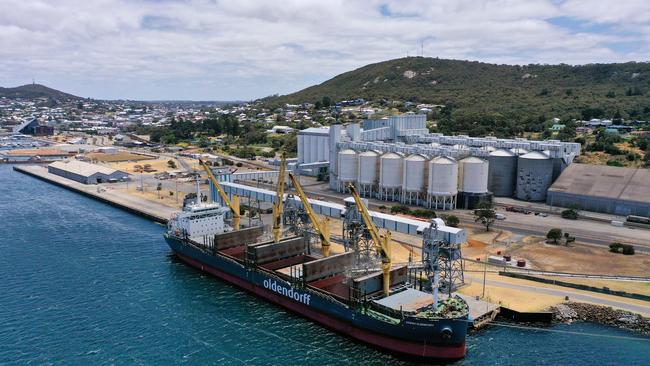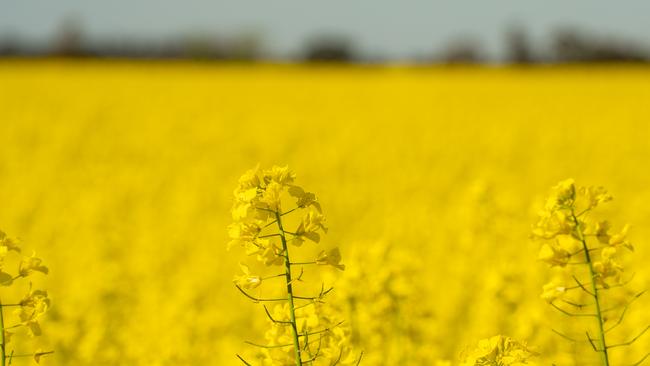CBH, Canola cakes and barley biofuel: Grains industry moves closer to net zero
Heineken’s net zero target has inspired a new step towards the decarbonisation of Australia’s barley supply chain.

Big players in the grains industry have announced two major developments this week in efforts to reduce the greenhouse emissions of the sector.
Western Australia’s CBH Group has partnered with leading dry bulk operator Oldendorff Carriers to conduct the first biofuel trial on a grain vessel exporting from Australia.
Meanwhile Canadian researchers are moving towards the production and commercialisation of canola meal pellets as an eco-friendly alternative to coal and natural gas for heat and energy.
On Sunday, CBH waved off 30,000 tonnes of sustainably certified malting barley, powered by a biofuel blend from the Albany Grain Terminal bound for Vietnam.
The vessel, the Edwine Oldendorff, will be bunkered with a biofuel blend for the first time.
The biofuel is estimated to produce about 15 per cent less greenhouse gas emissions than conventional fossil fuels.
The effort is motivated by emissions reductions targets set by multinational brewing company Heineken, which aims to have a carbon neutral value chain by 2040.
CBH Chief Marketing and Trading Officer Jason Craig said the co-operative was motivated to reduce its carbon footprint.
“Customers across the world are increasingly seeking to source sustainable products, including sustainable grain,” Mr Craig said.
The malting barley will be transported to Vietnam’s leading malting company, Intermalt, which supplies a range of customers, including its largest client Heineken.
“We need to meet the growing market demand for sustainable or carbon reduced grain by being proactive, practical and adapting,” Mr Craig said.
Canola pellets could reduce emissions and waste

Meanwhile in Saskatoon, Canada, researchers say they may have found a commercially viable way to turn leftover materials from crop production, like canola meal, into biocoal.
University of Saskatchewan chair of bioenergy and environmentally friendly chemical processing Dr. Ajay Dalai said he had been developing a recipe to produce canola pellets for years, and he was now ready to test the recipe on a large scale.
“We’ve been working for five or six years on this project. It’s time to produce the pellets on a large scale to see the consistency of the product,” he said.
“The potential of using biomass for bioenergy is enormous and exciting,” said Dalai. “Eventually, the world is going to phase out coal because of pollution.”
He said the next stage after canola meal pellets was to trial the technology on canola hull, mustard meal and hull, and oat hull. Supplies of these products are plentiful in his region “because we don’t have enough cattle in Saskatchewan to eat all of the biomass”, he said.





